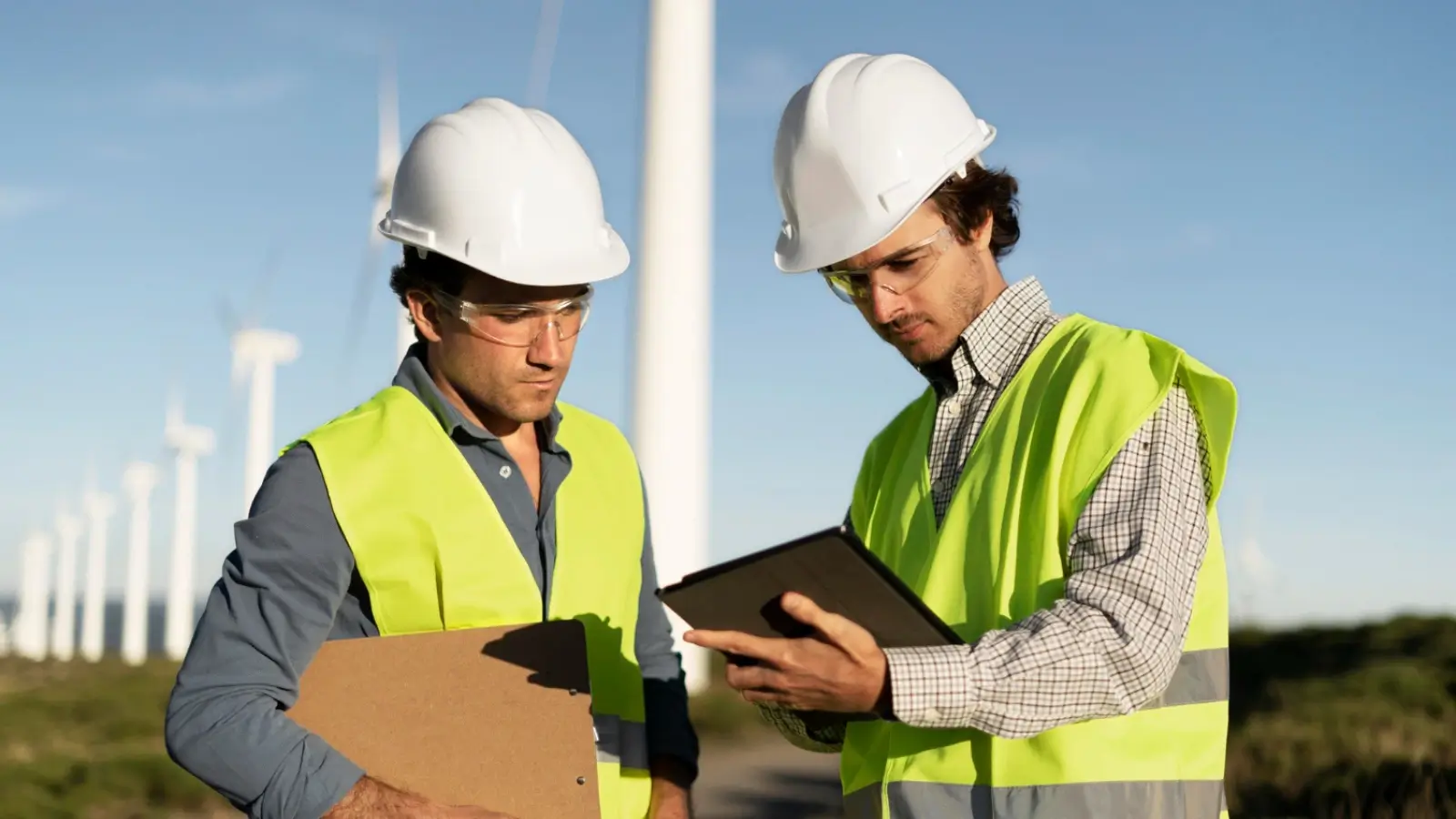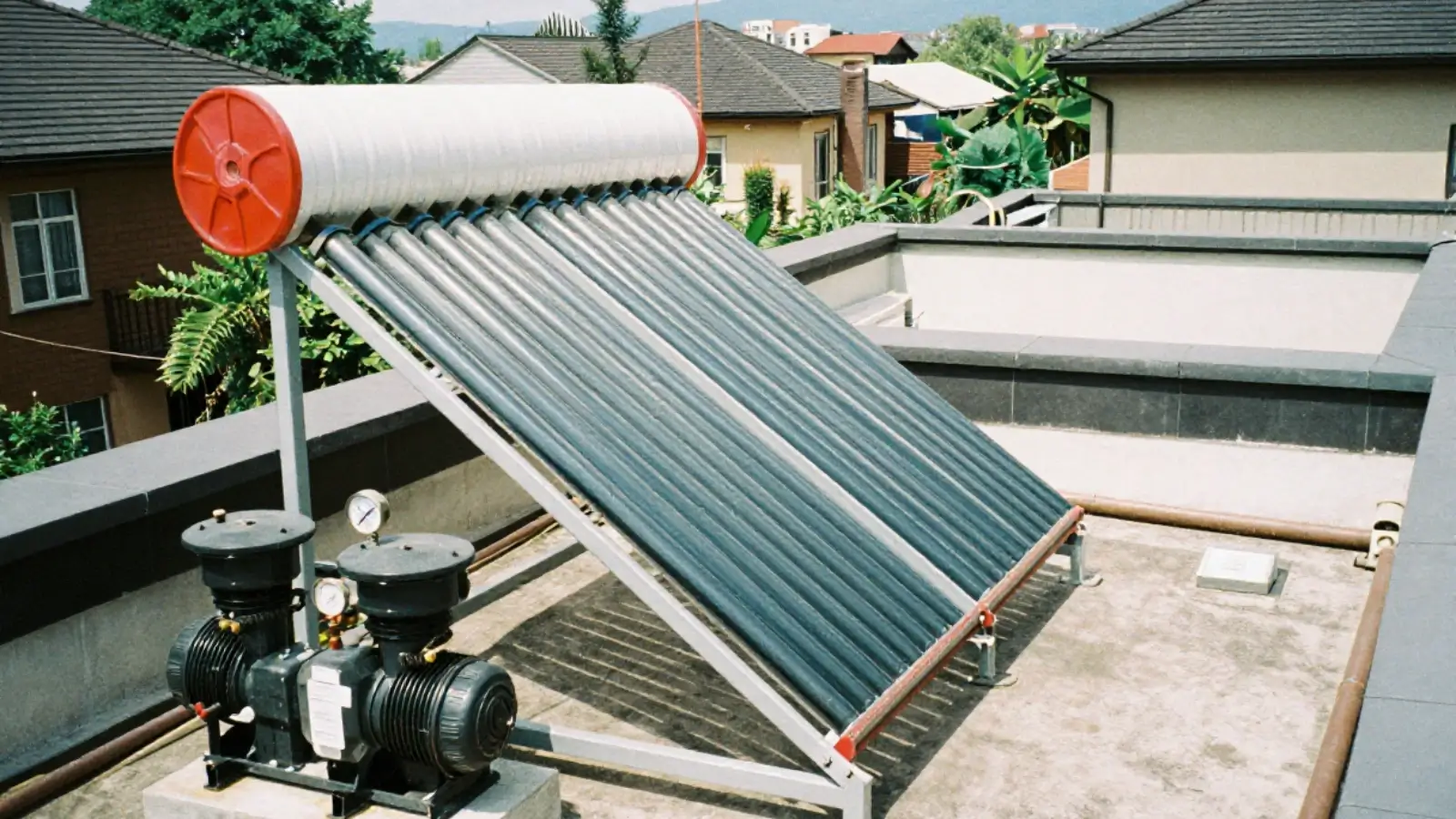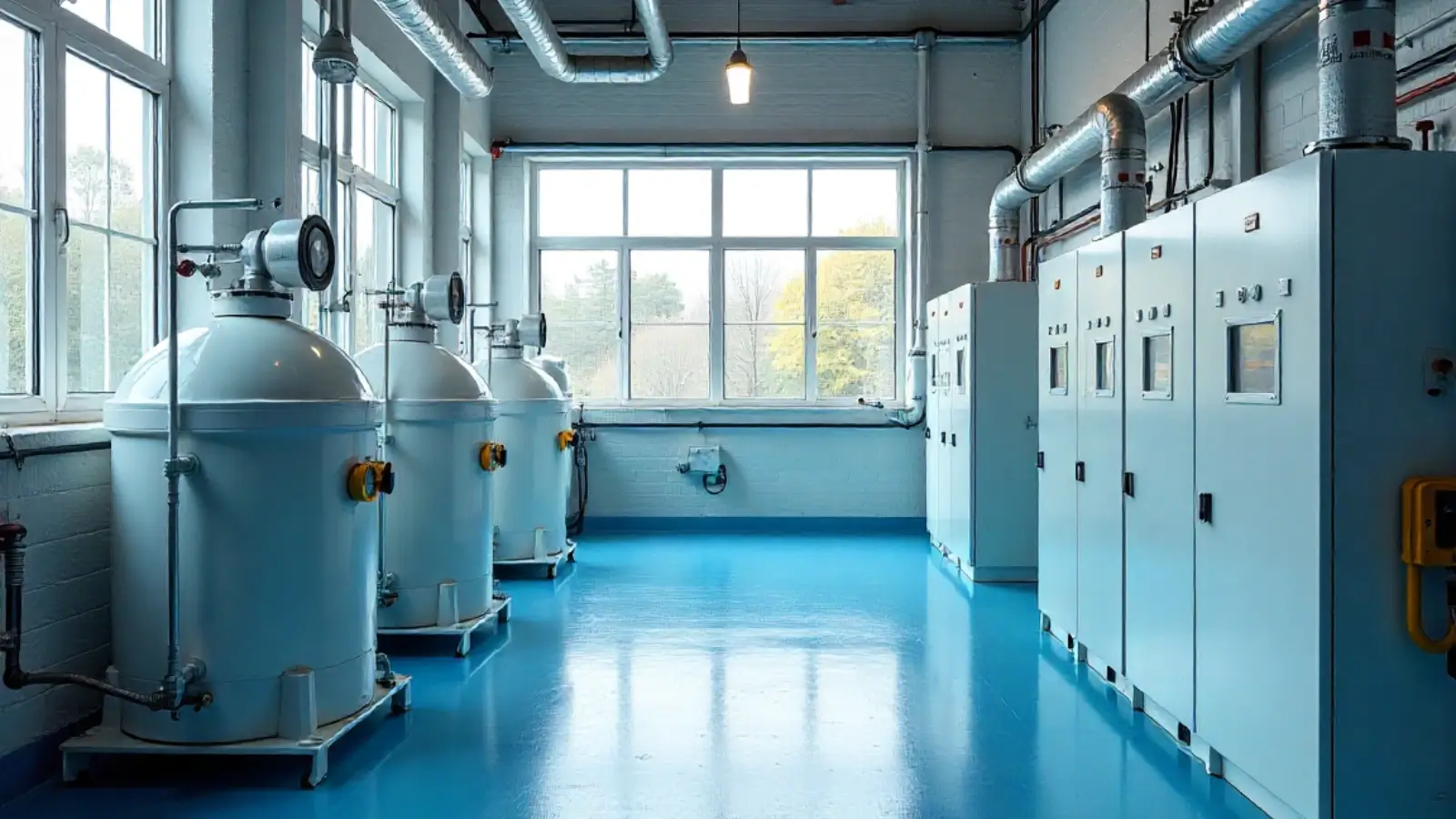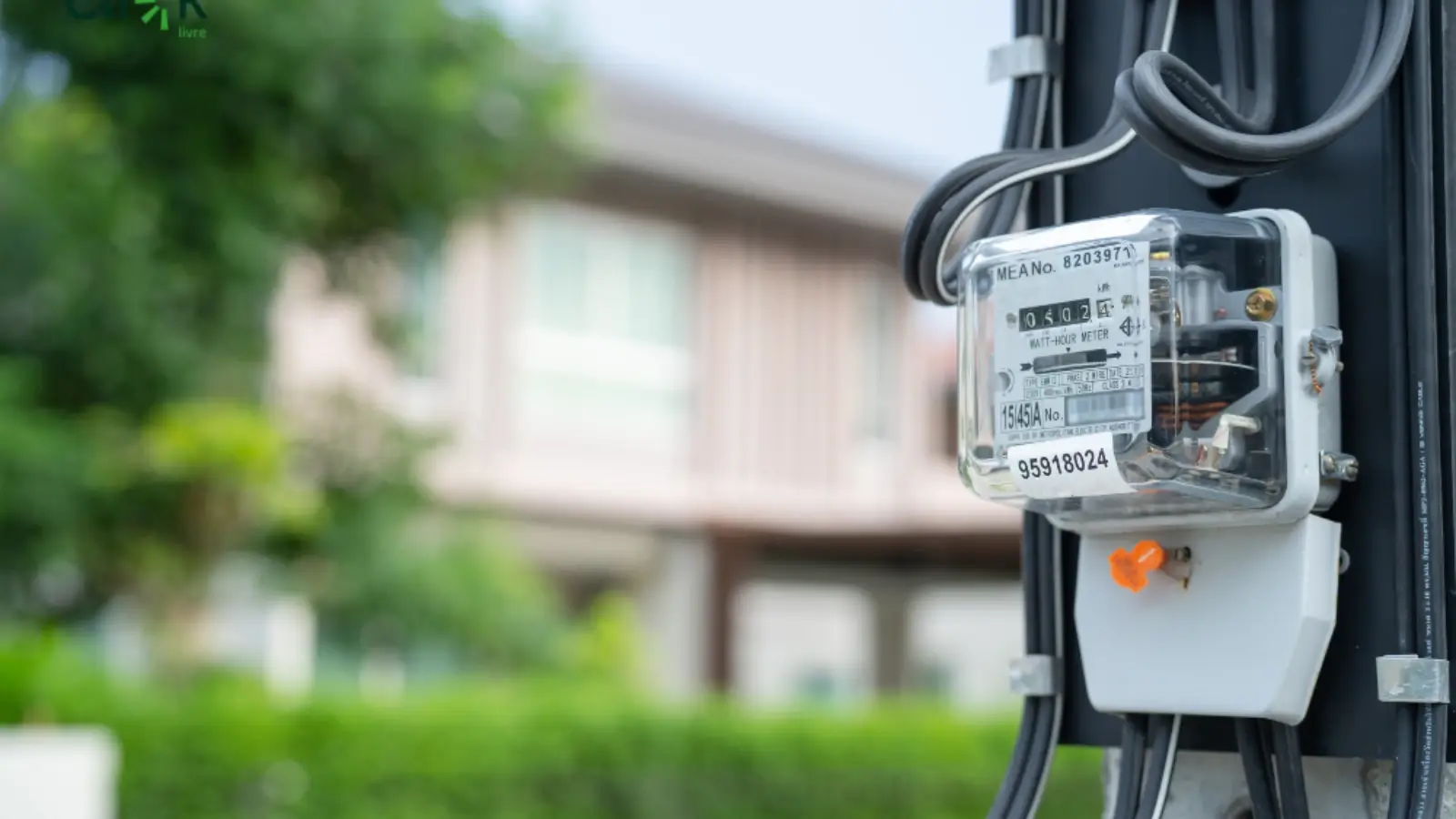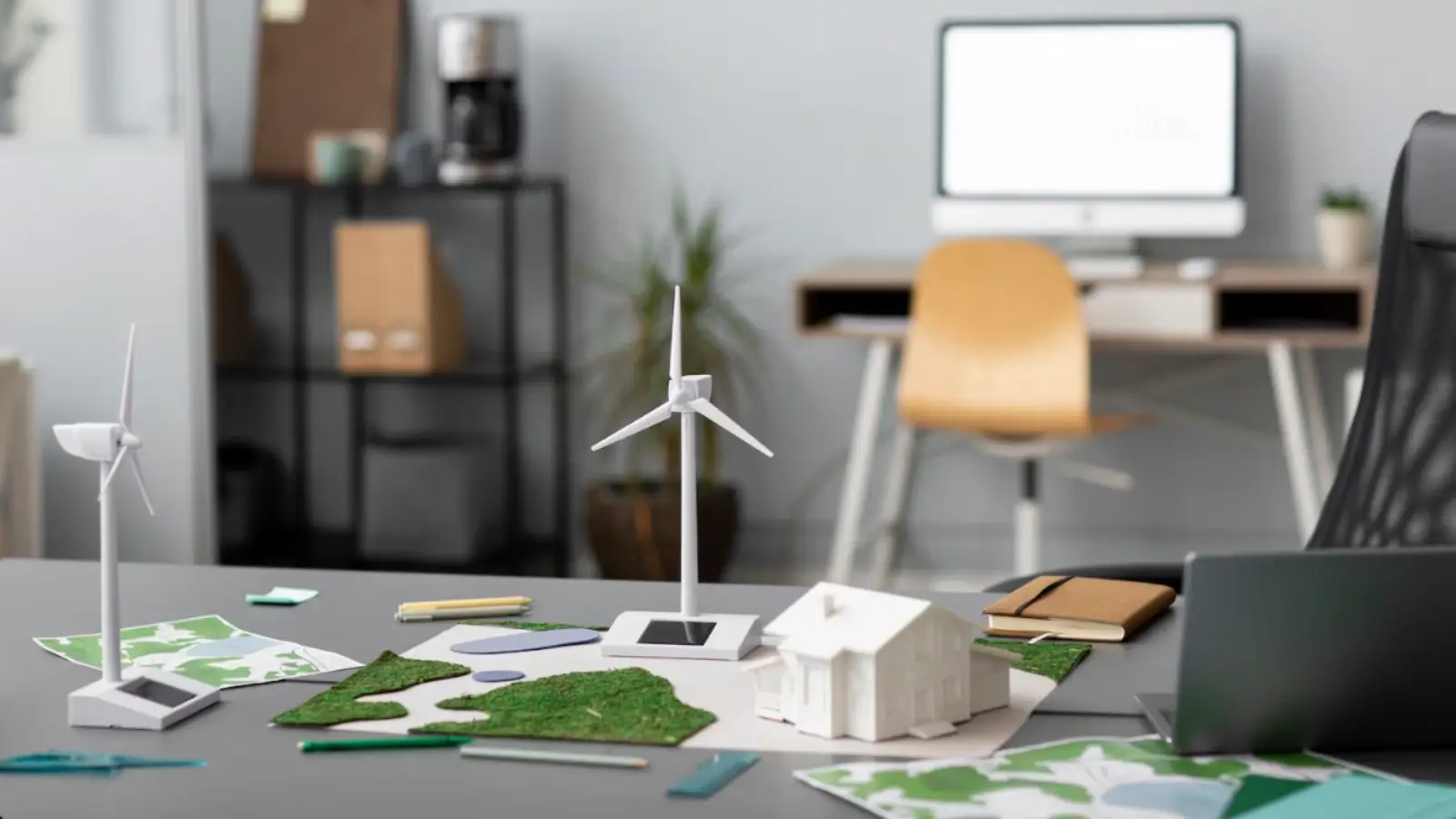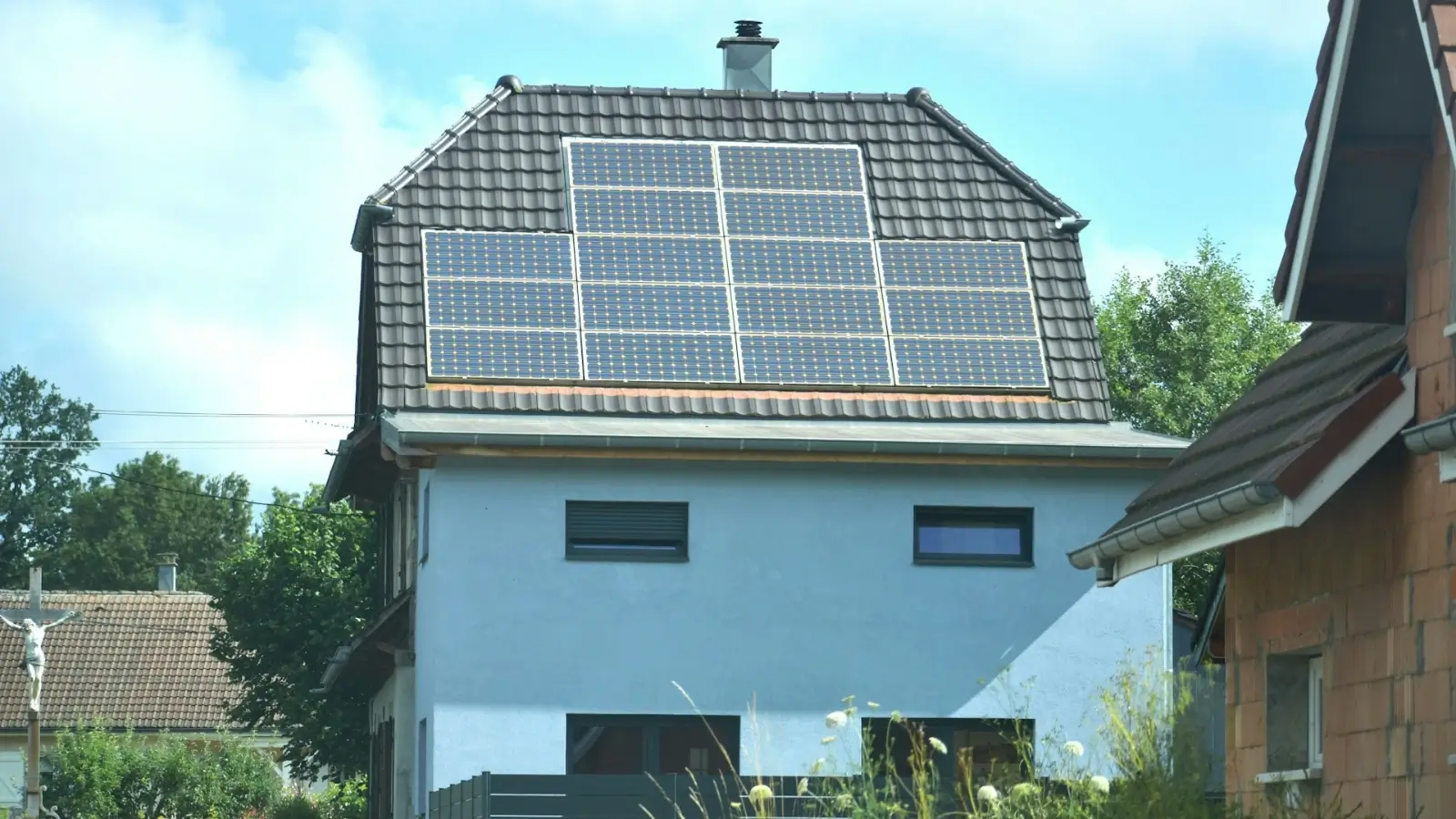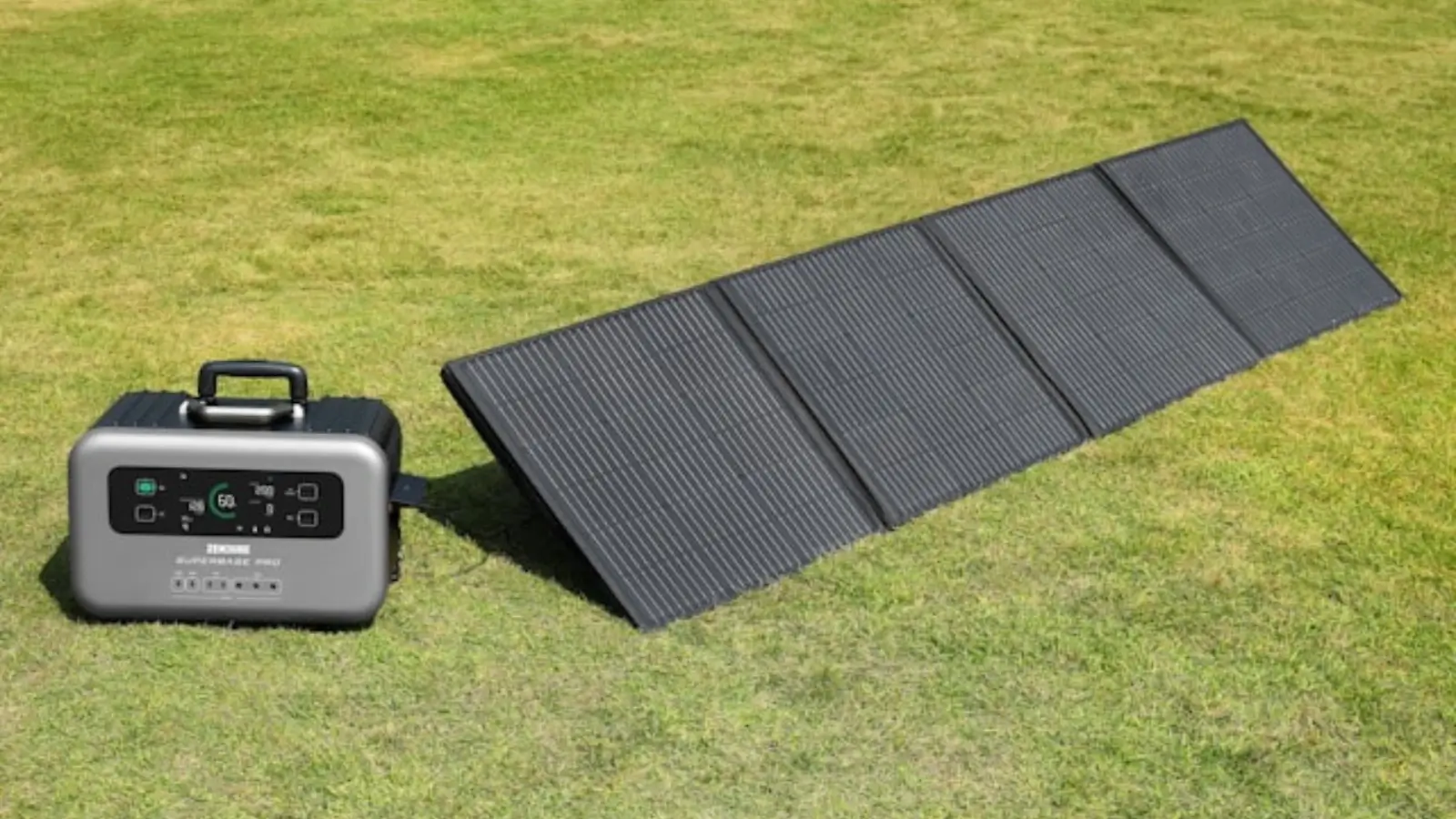Introduction:
The definition of energy efficiency has evolved far beyond the basic idea of reducing electricity bills or switching off lights. In 2025, energy efficiency is about building smarter homes, choosing low-carbon technologies, and making lifestyle decisions that reflect both environmental responsibility and long-term financial savings. As the world moves toward a greener future, energy efficiency plays a key role in shaping how we live, work, and even design our communities.
Homeowners, governments, and technology companies are all leaning into the idea that energy efficiency is not just a goal — it is a necessity. With advances in smart systems, renewable energy integration, and sustainable construction practices, 2025 marks a turning point in how we think about consuming and conserving energy. And what lies ahead demands a deeper understanding of how efficiency can be built into the very foundation of daily life.
Energy efficiency is now tied to digital and smart technologies:
Gone are the days when energy-saving meant using compact fluorescent bulbs or turning off the tap. In 2025, energy efficiency is increasingly linked to smart technologies that monitor, manage, and optimize consumption in real time. Smart thermostats, intelligent lighting systems, and home energy monitors are not just convenient — they’re crucial for maximizing performance.
These digital systems use artificial intelligence and data analysis to fine-tune energy use down to the smallest detail. Whether adjusting heating based on weather forecasts or turning off lights when a room is empty, smart homes are becoming the new normal. Energy efficiency today is not passive — it is responsive, predictive, and automated.
Key technologies advancing energy efficiency:
-
AI-driven smart thermostats with adaptive learning
-
Energy consumption trackers integrated with home apps
-
Voice-controlled systems that operate lighting and appliances
-
Grid-responsive devices that reduce demand during peak hours
Sustainable heating solutions are a central part of efficiency goals:
Heating still accounts for a large portion of energy use in most homes, especially in colder regions. Efficiency in 2025 means rethinking how we heat our living spaces. Traditional gas boilers are being phased out in favor of electric and renewable systems that use less energy and emit fewer greenhouse gases.
Systems like underfloor heating, electric boilers, and air-source heat pumps are leading the charge. These options not only offer better control and cleaner operation but also align with national carbon reduction targets. Modern energy efficiency demands heating that is both smart and sustainable, and many households are beginning to prioritize these upgrades as essential rather than optional.
Homeowners are embracing long term value over upfront cost:
One of the most important shifts in recent years is the growing focus on lifetime value instead of short-term savings. Previously, many homeowners hesitated to invest in energy-efficient upgrades due to the initial expense. With fluctuating utility costs across regions, researching local options like hebbronville electricity rates can also help homeowners make smarter, cost-effective decisions. Now, with the cost of utilities rising and government incentives increasing, the long-term return on energy-efficient investments is hard to ignore.
Whether it’s installing triple-glazed windows or integrating renewable energy sources, people are willing to spend more up front if it means saving thousands over the next decade. Energy efficiency in 2025 is no longer a trend for eco-conscious consumers — it’s a financially sound strategy for anyone looking to futureproof their home.
Benefits of long-term energy investments:
-
Consistent monthly savings on energy bills
-
Increased property value and marketability
-
Fewer maintenance and repair costs over time
-
Eligibility for tax incentives and government grants
The role of renewable energy in household energy strategies is growing:
Solar panels, wind turbines, and home battery systems are no longer niche features reserved for tech enthusiasts or rural properties. In 2025, they’re becoming common components of a well-rounded energy strategy. As more homes seek energy independence, renewable systems are helping reduce grid reliance and cut down emissions.
What makes renewable energy so powerful in the context of efficiency is that it shifts the focus from consumption to production. Instead of just reducing how much energy a home uses, these systems let homeowners generate their own, store it, and even sell it back to the grid. This changes the equation entirely — efficiency becomes a two-way street.
Companies offering eco friendly technologies are leading the industry shift:
Across the UK and globally, companies that specialize in energy-efficient technology are growing rapidly. They’re not just selling products — they’re shaping the future of how homes operate. These businesses are introducing everything from high-performance insulation materials to advanced climate control systems that support the global transition to sustainability.
One standout example is a heat pump company that focuses on installing efficient, low-carbon heating systems. These companies combine technical expertise with eco-awareness, helping homeowners make informed decisions that align with both budget and planet-friendly goals. Their impact is critical in achieving widespread adoption of green technology.
Building codes and regulations are evolving to demand more efficiency:
Governments are stepping up their role in driving efficiency by updating building codes and regulations. In 2025, new builds and major renovations are required to meet stricter energy performance standards. This includes using approved insulation materials, integrating renewable energy systems, and eliminating outdated fossil fuel-based technologies.
For homeowners, this means compliance is no longer optional. Whether you're selling a property or applying for planning permission, energy efficiency is a factor that must be considered. These regulatory shifts also help accelerate innovation and ensure that every home built or renovated today is ready for the future.
Recent changes to energy-related regulations:
-
Future Homes Standard in the UK raising efficiency benchmarks
-
Ban on installing gas boilers in new homes after 2025
-
Minimum EPC (Energy Performance Certificate) ratings for rentals
-
Local council initiatives supporting energy-efficient retrofitting
The role of consumer behavior is more important than ever before:
While technology plays a huge role in modern efficiency, human behavior remains a key component. In 2025, efficiency is also about being aware of habits, making smarter decisions, and staying informed. Things as simple as adjusting heating settings, unplugging unused devices, or washing clothes at lower temperatures can have a lasting impact.
Consumer behavior also influences which technologies thrive. When people choose greener products and services, it drives demand and encourages more innovation. That’s why education, awareness campaigns, and community programs are essential for long-term energy goals. The more informed consumers are, the better the entire system performs.
Energy efficiency is directly linked to climate resilience and energy security:
With the effects of climate change becoming more evident each year, energy efficiency is now viewed as part of a broader strategy for resilience. Efficient homes are better equipped to withstand heatwaves, cold spells, and other extreme weather conditions. They’re less reliant on external systems and more adaptable in times of crisis.
Efficiency also supports national energy security. The more households reduce demand and produce their own power, the less pressure there is on the national grid. This helps prevent outages, stabilize energy markets, and reduce dependence on foreign energy sources. In this way, individual choices collectively contribute to greater national stability.
Conclusion:
The meaning of energy efficiency in 2025 is deeper, broader, and more urgent than ever before. It’s not just about cutting costs — it’s about living smarter, reducing waste, and building a future that balances human comfort with planetary needs. Efficiency now includes technology, policy, lifestyle, and design — all working together to shape the homes of tomorrow.
As we look ahead, one thing is clear: the homes that thrive in the future will be the ones that embrace energy efficiency today. Whether through smart upgrades, better habits, or choosing the right partners to guide you, the path to a greener life starts with making energy work better for everyone.










